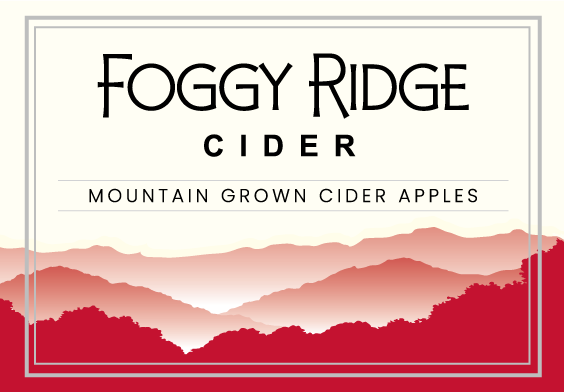From 1997 to 2018, Foggy Ridge Cider focused on growing exceptional cider fruit and crafting high quality fine cider. My vision was “to grow and make,” and like many small businesses that gain success, by the mid-2000s we were no longer small. The business side of a rural cider with national distribution came to dominate my work life. By 2018, I was ready to refocus on what I enjoyed most—growing fruit.
The Washington Post covered the retirement of the Foggy Ridge Cider brand in their article “It’s last call for the Virginia cider that launched the industry’s craft movement.”
Since planting our first orchard in 1997, Foggy Ridge Cider has aimed to revive the artisan cidermaking tradition, and improve on the model with modern cidermaking tools. We harvest ripe cider apples (all chosen for their balance of tannin, acid and complex flavors) from our three orchards and throughout our cider career, crafted small batches of carefully selected cider blends. Each season is different, and our apples vary from year to year. Beginning in 2018 we began selling our fruit to other cidermakers and look forward to nurturing other cideries in making their own versions of orchard-centric cider. Contact us if you are interested in purchasing cider apples from Foggy Ridge Cider.
Malus domestica, the cultivated apple, has intertwined with human life for centuries. The Romans brought the domestic apple to England; colonists brought apple seeds to America as early as 1623. In colonial America fermented cider was the drink of choice. John Adams attributed his health and long life to a tankard of cider before breakfast. Thomas Jefferson was famous for the champagne-like cider he created from the Virginia Hewe’s Crab. Up until the early 20th century most rural root cellars held a cask or two of “Sunday Cider”.

